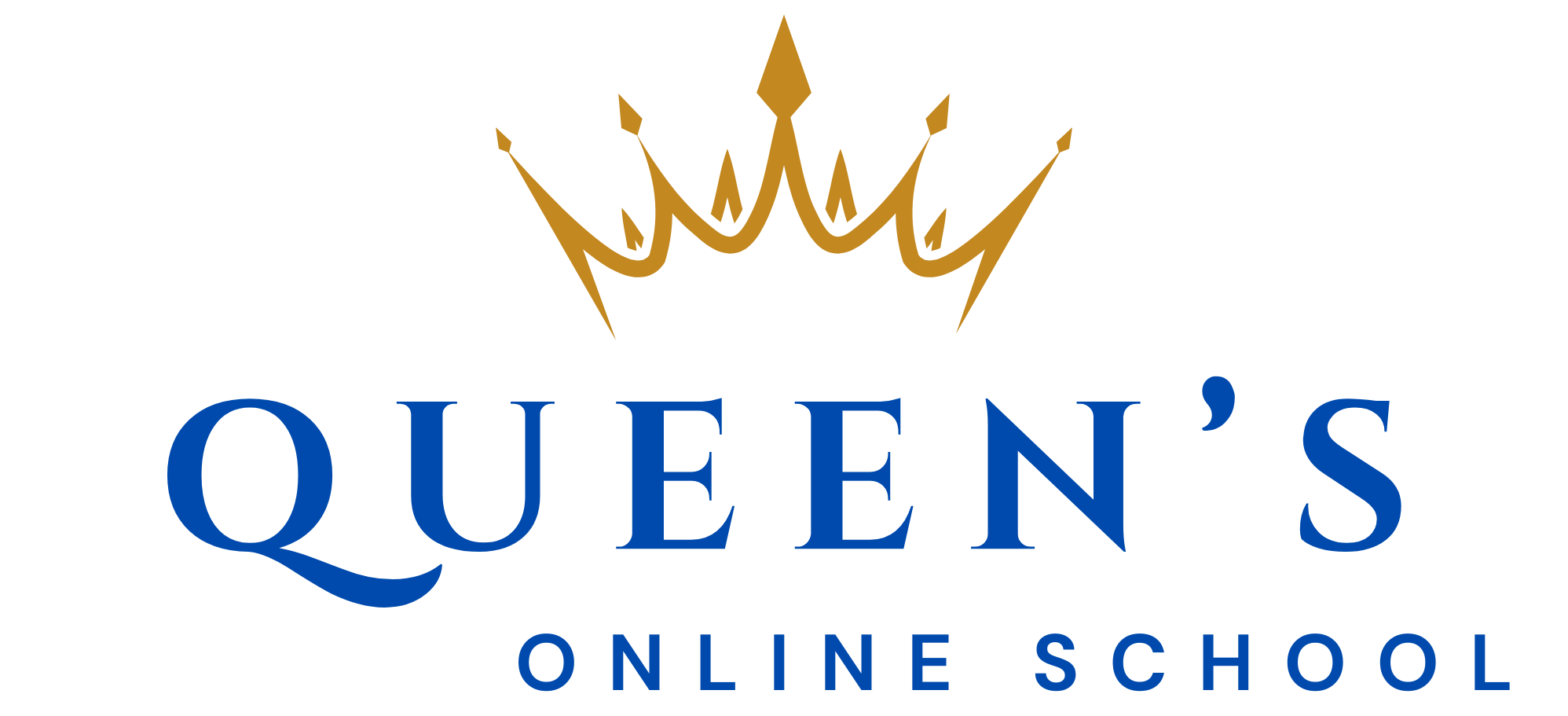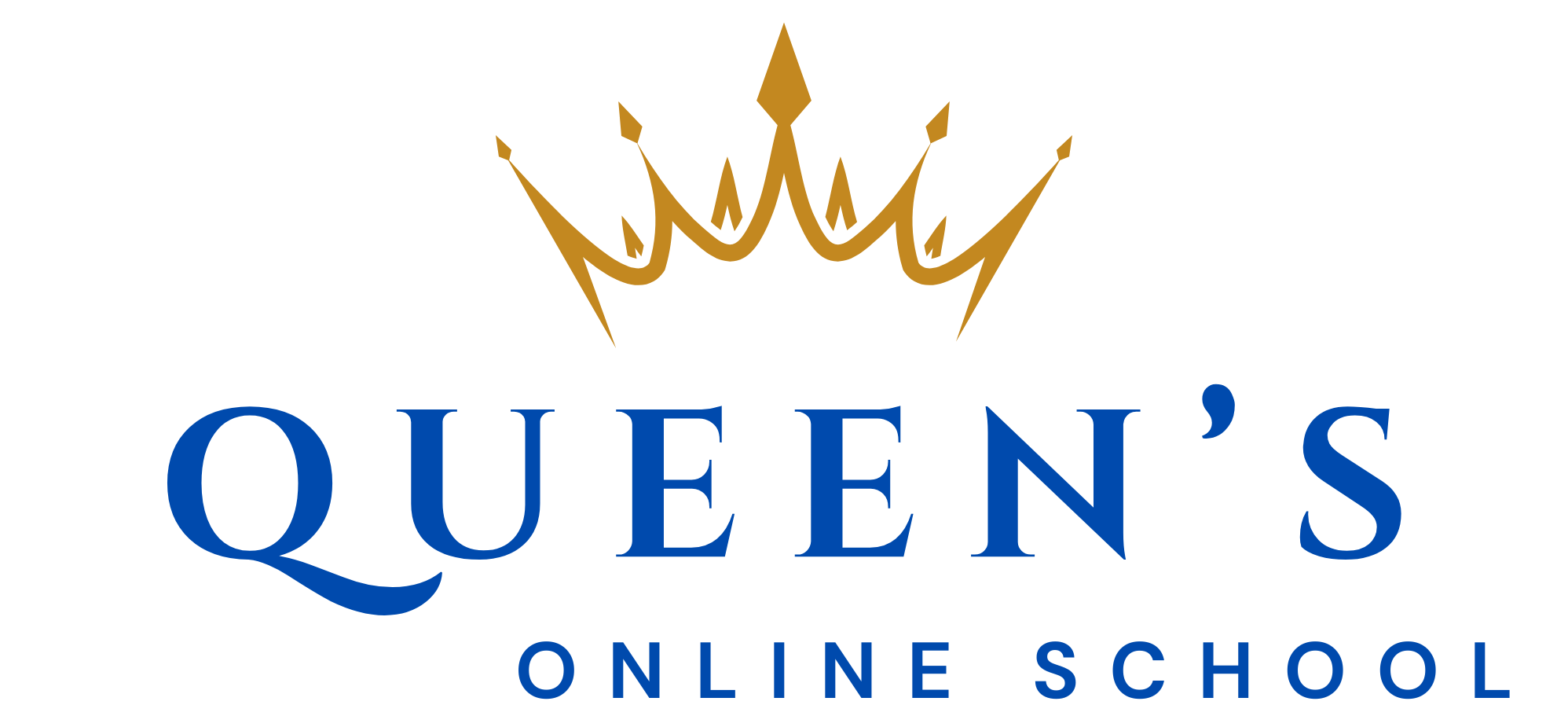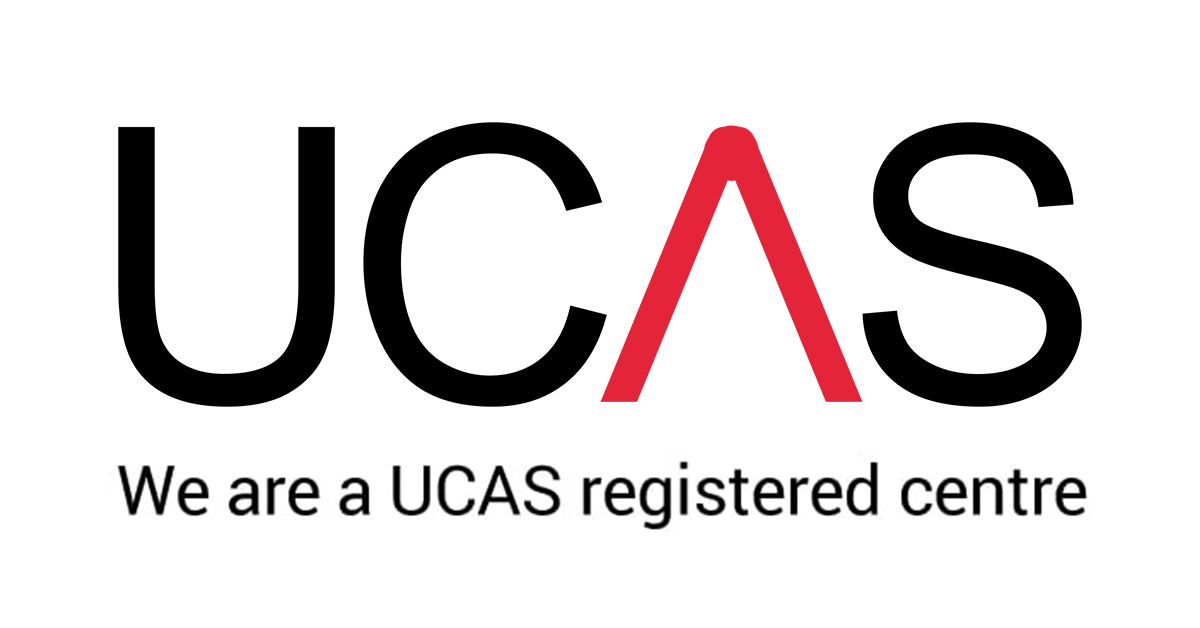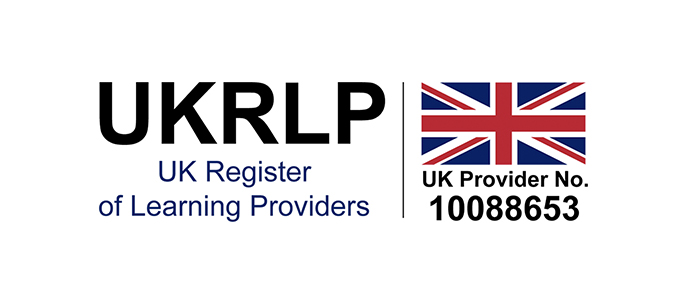International GCSE in Global Citizenship
Pearson Edexcel – Qualification Code: 4GL1
Why Study This Course?
The Pearson Edexcel International GCSE in Global Citizenship provides students with an opportunity to develop a broad understanding of key global issues and their impact on societies. The course encourages students to think critically, evaluate multiple perspectives, and engage in social and political issues that shape our world.
This course is ideal for students who:
· Are interested in human rights, international relations, politics, and environmental issues.
· Wish to develop critical thinking, problem-solving, and research skills.
· Want to understand how they can actively contribute to their communities and global society.
· Are considering A-Level Politics, Law, Economics, or Humanities subjects.
· Want a globally recognised qualification that fosters awareness of international affairs.
Who is This Course For?
This course is suitable for students who:
· Enjoy discussing and debating political, economic, and social issues.
· Want to understand how global governance and citizenship affect their everyday lives.
· Are passionate about making a difference in their communities through activism or policy engagement.
· Wish to develop transferable skills that support careers in international relations, law, education, and social sciences.
This course helps students understand major global challenges while equipping them with practical skills to take informed action.
1. Political and Governance Systems
- The role of democracy, representation, and political participation.
- The impact of international law and human rights frameworks.
- How different political systems influence economic and social policies.
2. Economic Development and Sustainability
- The global economy, trade agreements, and fair trade.
- The impact of economic policies on poverty, wealth distribution, and employment.
- The role of environmental policies and sustainable development in addressing climate change.
3. Social and Cultural Change
- The effects of migration, urbanisation, and globalisation on societies.
- The role of education, health, and technology in social progress.
- Challenges related to identity, cultural diversity, and community cohesion.
4. The Role of Technology in Global Affairs
- How technology impacts privacy, governance, and international security.
- The ethical considerations of artificial intelligence and digital surveillance.
- The influence of social media on activism, democracy, and global movements.
A unique aspect of this course is the Citizenship Community Action Project, which allows students to apply their knowledge in a real-world context.
What is the Citizenship Community Action Project?
- A student-led initiative addressing a key global citizenship issue.
- Could involve advocacy, campaigning, community volunteering, or research.
- Encourages students to develop leadership, teamwork, and problem-solving skills.
Examples of Citizenship Community Action Projects:
- Raising awareness about climate change and sustainability in local schools.
- Organising a campaign to support migrant or refugee communities.
- Developing an online platform to educate young people on human rights.
- Running a petition to address social justice issues within the local community.
The course assesses students based on the following objectives:
| Objective | Description | Weighting |
|---|---|---|
| AO1 | Demonstrate knowledge and understanding of citizenship concepts and issues | 38% |
| AO2 | Apply knowledge to real-world contexts and actions | 44% |
| AO3 | Analyse and evaluate different viewpoints and evidence | 18% |
Strong Preparation for A-Level and Beyond
This course provides a solid foundation for A-Level Politics, Law, Economics, Geography, and Social Sciences, preparing students for higher education and careers in international relations, public policy, and human rights.
Recognition by Top Universities
The Pearson Edexcel International GCSE in Global Citizenship is widely recognised by universities, employers, and academic institutions worldwide.
3. Development of Critical Thinking and Debate Skills
Students develop analytical, argumentative, and problem-solving skills, which are essential in academic and professional careers.
4. Engaging and Real-World Content
The course ensures students explore current global issues, making learning both relevant and impactful.
Course Structure
The qualification consists of one externally assessed written paper:
Paper 1: Global Citizenship (100%)
Exam Duration: 2 hours 30 minutes
Assessment Format: External written examination
Skills Assessed:
- Understanding political, economic, social, and technological issues in a global context.
- Analysing citizenship issues and different perspectives.
- Evaluating the impact of global change on societies and individuals.
- Demonstrating knowledge through a citizenship community action project.
Topics Covered:
- Politics and Governance – Democracy, human rights, systems of government, and international law.
- Economic Development and the Environment – Global trade, sustainability, economic disparities, and environmental protection.
- Culture and Community – National and global identities, migration, and cultural change.
- Technology – The impact of digital advancements, cybersecurity, and ethical considerations.
This paper contains a mix of short-answer, data-response, structured, and extended-response questions.






